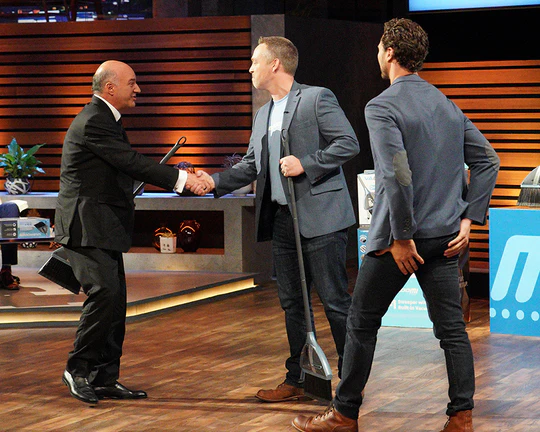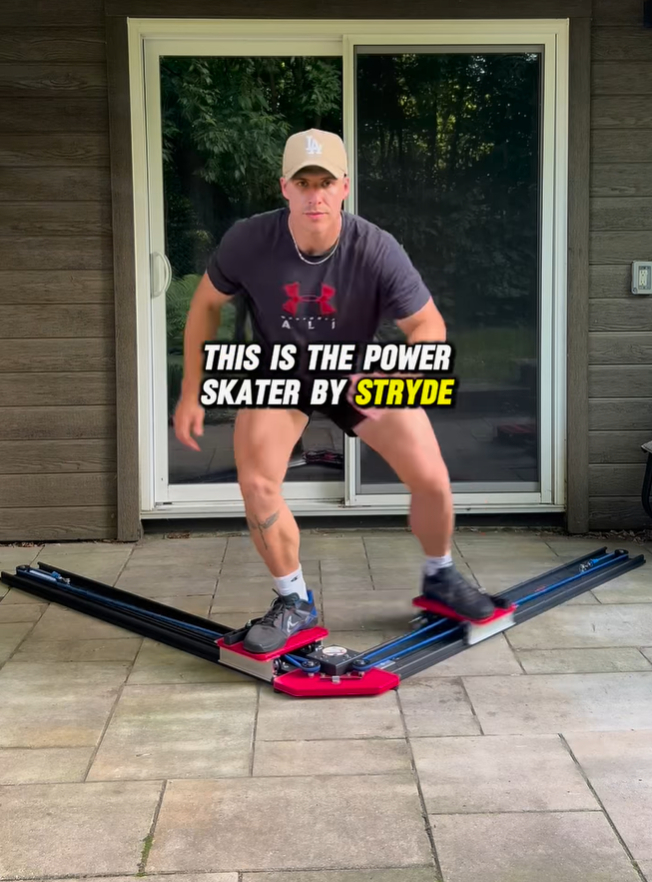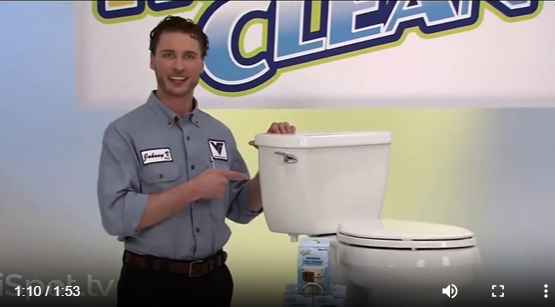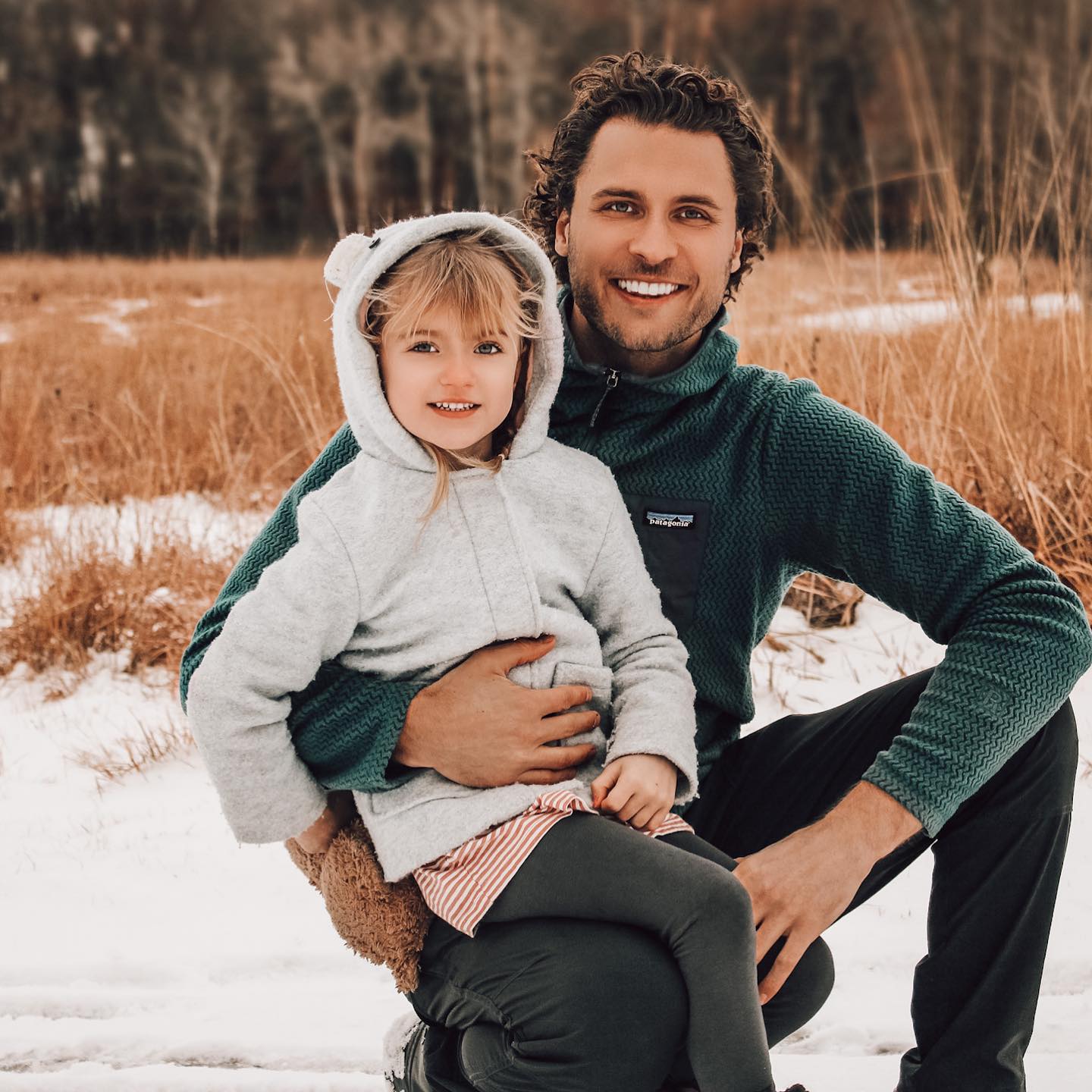We caught up with the brilliant and insightful John a few weeks ago and have shared our conversation below.
John, thanks for joining us, excited to have you contributing your stories and insights. So, let’s imagine that you were advising someone who wanted to start something similar to you and they asked you what you would do differently in the startup-process knowing what you know now. How would you respond?
If I were starting over, I’d do three things differently.
First, I’d study finance and accounting right away. Having that foundation would’ve saved me years of learning the hard way and given me immediate fluency in spreadsheets and financial analysis—tools I use daily now but had to fight to master.
Second, I’d bartend at night to keep my days free. It’s one of the highest-earning, flexible jobs out there, perfect for someone focused on building a business or investing during the day without the pressure of a 9–5.
And third, I’d laser-focus on one thing. Too often, I tried to do too much at once. If I had picked one area – whether it was real estate, product development, or automation—and gone all in with the same energy, the compounding would’ve kicked in far earlier.

As always, we appreciate you sharing your insights and we’ve got a few more questions for you, but before we get to all of that can you take a minute to introduce yourself and give our readers some of your back background and context?
My name is John Vadnais, and I’ve been inventing, building, and scaling things since college. While studying, I was already pitching product ideas to major U.S. companies and filing patents for everyday solutions I believed could make a big impact. That passion for solving real-world problems is what fueled my journey into product development.
After college, I stepped into my family’s plumbing business. What started as a way to help out turned into a 17-year stretch of building a service company from the ground up. Along the way, I kept creating—developing household products based on what I saw customers struggling with in real life.
That path led to launching multiple consumer products into major retailers like Home Depot, Lowe’s, Target, CVS, Walgreens, and Bed Bath & Beyond. I’ve done everything from finding the right manufacturers to licensing deals with major brands. I was the on-screen pitchman for Hurriclean, an As Seen On TV product, and later appeared on Shark Tank with my business partner for our invention VaBroom, which became a national success.
But my story isn’t just about products—it’s also about performance. I played Division 1 hockey, and that experience is what inspired my latest company: Stryde Hockey. We design and manufacture patented training equipment that helps players get better off the ice—tools I wish I had growing up. This brand combines my love for sport, innovation, and high-performance culture.
I’ve bootstrapped everything I’ve done—from plumbing and patents to national distribution—and I bring a mix of blue-collar execution and big-picture strategy to every venture.
Every product we come up with must be a value ad. It must WOW someone!
How about pivoting – can you share the story of a time you’ve had to pivot?
A major pivot in my life came when I decided to sell the plumbing business I had built over 17 years. At the time, I was doing my yearly “fear setting” exercise—where I map out the best and worst possible outcomes if I continue doing exactly what I’m doing for the next 1, 3, and 10 years. I realized that although I could continue growing the business and possibly scale it to the next level, it would come at a serious cost to my family life. I had a finite window of time to be present with my kids, and running a 10-person service company was draining my time and energy. The writing was on the wall: either double down on the business for the next five years, or sell and reinvest that time into my family and other ventures. I chose the latter. Selling the business wasn’t just a financial move—it was a life decision to align with what matters most.

We often hear about learning lessons – but just as important is unlearning lessons. Have you ever had to unlearn a lesson?
One of the biggest lessons I had to unlearn was the myth of the entrepreneur who does it all. Early on, I thought I had to wear every hat, solve every problem, and run everything myself. It wasn’t until I read The E-Myth by Michael Gerber that the lightbulb went on. That book helped me reframe how I saw my role in a business—not as the technician doing all the work, but as the architect building the system. I had to unlearn the idea that hustle alone equals success. True growth comes when you step back, delegate, and build a business that can function without you. That shift in mindset completely changed how I structure my companies today.



